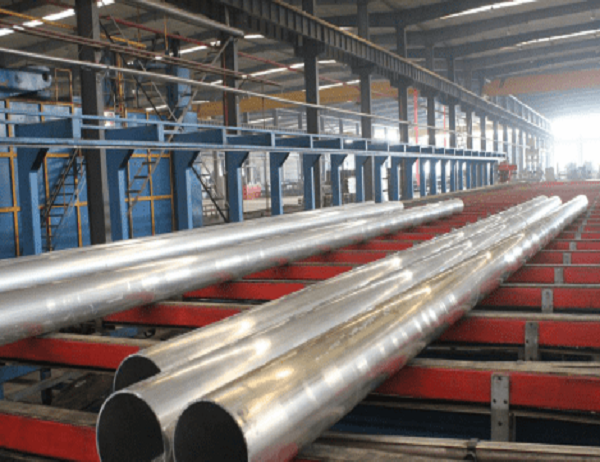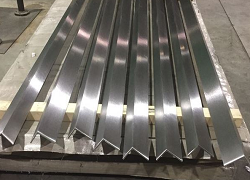The Role of Aluminum Frames in Commercial Solar Projects: A Cornerstone of Sustainable Energy
In the realm of commercial solar energy, the humble aluminum frame plays a pivotal role, acting as a robust foundation for panels that harness the sun’s boundless power. These frames are not mere accessories but integral components that ensure the longevity, efficiency, and overall success of solar projects.
Durability and Resilience
Aluminum’s inherent strength and resistance to corrosion make it an ideal choice for solar frames. Exposed to the elements for decades, these frames must withstand extreme temperatures, wind loads, and potential impacts. Aluminum’s resilience ensures that solar panels remain securely mounted, maximizing energy generation and minimizing maintenance costs.
Lightweight and Malleable
Aluminum’s lightweight nature allows for easy handling and installation, reducing labor and time. Its malleability facilitates customization to fit various project requirements, such as tilt angles or mounting configurations. This flexibility enables solar systems to be tailored to specific site conditions and maximize energy yield.
Corrosion Resistance
Unlike ferrous metals, aluminum frames are highly resistant to corrosion. This is crucial in harsh environments, where exposure to moisture, salt, or chemicals can quickly degrade metal components. Aluminum’s protective oxide layer prevents rust and ensures long-lasting performance, maximizing the lifespan of solar projects.
Electrical Conductivity
Aluminum is an excellent electrical conductor, which plays a crucial role in grounding solar panels and ensuring system safety. Proper grounding diverts excess electricity to the earth, protecting equipment and personnel from electrical hazards. Aluminum’s conductivity ensures efficient grounding and minimizes the risk of electrical malfunctions.
Environmental Sustainability
Aluminum is a highly recyclable material, making it an environmentally conscious choice for solar projects. Recycling aluminum consumes significantly less energy than producing new metal, reducing carbon emissions and promoting sustainability. By utilizing aluminum frames, solar projects contribute to circular economy principles and minimize their environmental footprint.
Conclusion
Aluminum frames are not simply passive structures but active participants in commercial solar projects. Their durability, ease of use, corrosion resistance, electrical conductivity, and sustainability make them an essential element in harnessing the sun’s energy for generations to come. By utilizing aluminum frames, businesses and organizations can not only reduce their carbon footprint but also invest in a future of clean, renewable energy.



